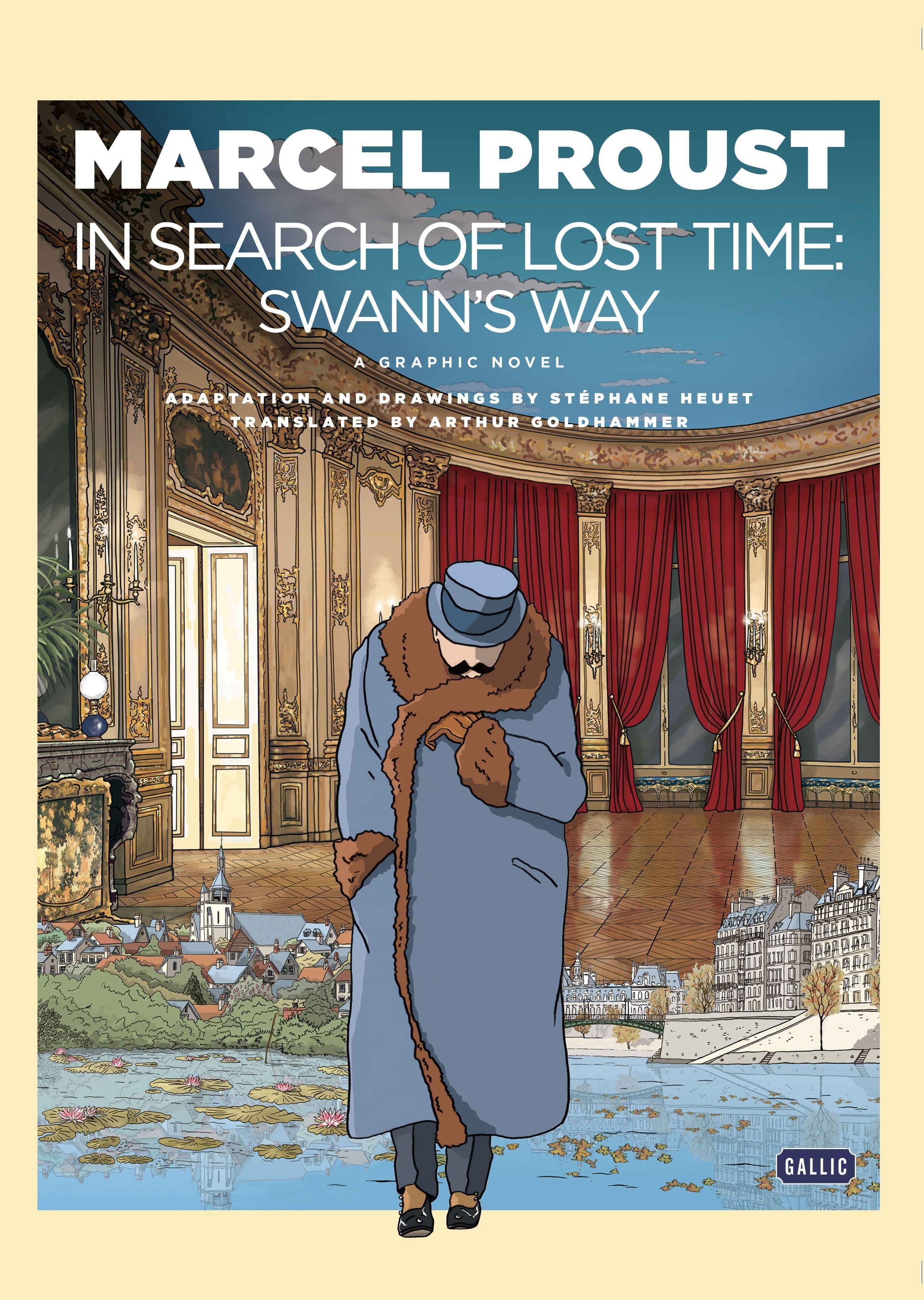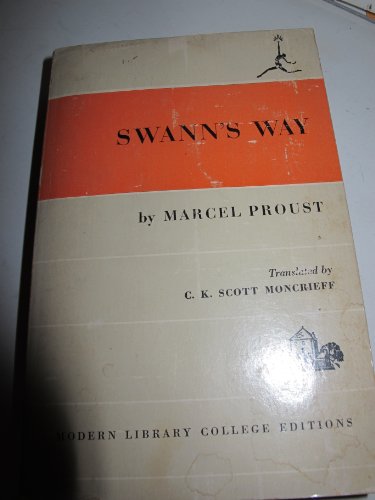



"Combray I" starts with " For a long time I used to go to bed early" and the famous goodnight kiss scene: as a boy, the narrator can not sleep if his mother does not first come up to his bedroom to give him a goodnight kiss - a situation where the boy clearly manipulates the love of the mother - and the manipulation of love will be an important theme in the whole novel. The narrator's subject is his own story and the narrative perspective that of "lived time," therefore memory also plays a large role - we first have to recall our past experiences before we can transform them into art.ĭu côté de chez Swann is divided into four parts: "Combray I," "Combray II," "Un Amour de Swann," and "Noms de pays: le nom." À la recherche du temps perdu is saturated with art. Besides this, throughout the whole novel, writing, painting, and music are discussed at great length. Art is created by taking the experiences of life and transforming them by our inner consciousness. Proust had picked up this important idea about the transformative power of art from the influential and eminent English art critic John Ruskin, several of whose works he had translated into French.Īlready in "Combray," the first part of the novel, the narrator desires to become a writer and he in fact gives an example of how he transforms one of the family's usual walks (where he experiences a sort of epiphany on seeing the bell towers of a neighboring village) into a short descriptive literary passage. It is only art that can recapture the lost - only art triumphs over the destructive power of time - and that is the very thing Proust sets out to demonstrate by writing his novel.

À la recherche du temps perdu is not in the first place a novel about time and memory as is often said (although these are very important, too, in its pages), but rather about the power of art. Last year, the first volume of Marcel Proust's monumental À la recherche du temps perdu, was exactly a century old - Swann's Way ( Du côté de chez Swann) was first published in 1913, on the eve of the madness of the Great War that would destroy the world in which Proust and his characters had lived.


 0 kommentar(er)
0 kommentar(er)
